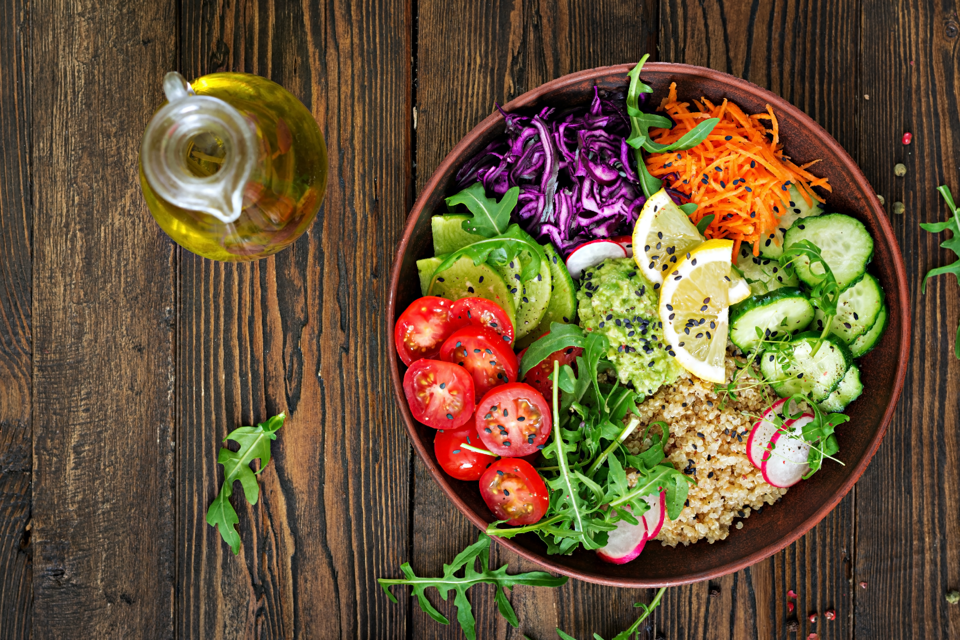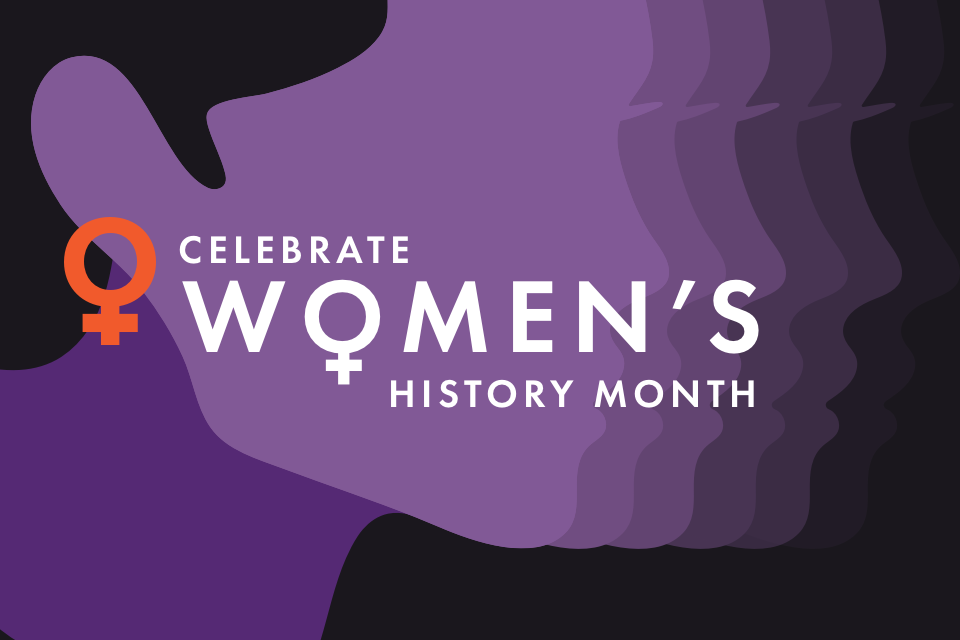With the upcoming Olympics, many of us may be asking ourselves, how do these elite athletes do it? Olympic athletes maintain exceptionally regimented exercise and eating routines. While Olympians often go to an extreme, there are key takeaways we can learn from them in terms of exercise and nutrition. Taking a nutrition focus, learn how you can better fuel your workouts for success.
Understanding Food as Fuel
Our bodies need food as fuel to perform. We can’t get any stronger or faster without the necessary nutrients – more specifically, macronutrients. Carbohydrates, fat, and protein are the best groupings of macronutrients to provide energy and maintain body structure.
Carbohydrates work as our main fuel source. They help maintain exercise intensity, prevent muscle breakdown, are your source of energy in terms of strength and cognition, and help make a difference in how you feel and perform in your workouts.
Fats are your source of fuel in long-term exercise. They aid in the absorption of vitamins, can be anti-inflammatory, and help maintain your body temperature. A big misconception around proper nutrition is that we need to cut fats to be healthier. This notion is far from true. Not intaking enough fat content may contribute to low energy, compromised immunity, and inefficient digestion of nutrients.
Protein is considered the “building block” of muscle. Not only is it present in and helps provide structure to your muscle tissues, but it also fuels your organs, hair, skin, nails, bones, tendons, enzymes, hormones, and immune cells to name a few.
Before a workout, protein contributes to the performance of explosive movements with force, strength, power, and speed. Intaking protein in pair with your exercise routine will continue to strengthen your muscles and bones even hours after you’ve left the gym.
Hydration is Key
We all know we need to drink more water, but do we know why? Proper hydration works as a medium for transportation of nutrients and oxygen, provides lubrication to the joints, prevents injury, assists in regulating body temperature, and improves performance.
When we don’t hydrate, we are at a higher risk of experiencing headaches, heat intolerance, decreased performance, dizziness, fatigue, moodiness, nausea, cramping, and injury.
So What Specifically Should I Be Intaking?
VIDA Nutritionist, Rachel Leach, MS, RD, provides the following recommendations to fuel your workouts.
Pre-workout
Before working out, put a stronger focus on carbohydrates, moderate protein, and some fat.
Three to four hours before exercising, we recommend any of the following options:
- Grilled chicken, rice, and zucchini
- A turkey sandwich and fruit
- Oatmeal, fruit, and Greek yogurt
Understanding that the above meals can be a little heavier, the recommendation for eating 30 to 60 minutes pre-workout changes. Your food intake should be fast-digesting so your body can better tolerate the upcoming movement. We recommend:
- Fruit or applesauce
- Pretzels or a grain-based granola bar (such as a Clif Bar)
- Piece of toast or English muffin with jam
Post-workout
Post-workout, we need to refuel with carbs, repair muscles with protein, rehydrate with water or electrolytes (if necessary), and reduce excess inflammation with fruits and veggies.
On a high-intensity workout day, we recommend filling half your plate with carbs, one quarter with fruits & veggies, and the remaining quarter with a lean protein.
On a low-intensity workout day, we recommend filling half your plate with fruits & veggies, a quarter with carbs, and the remaining quarter with lean protein.
Eating within 1 hour of your workout is always recommended. But if you know you won’t have the time or opportunity to do so until 2-3 hours post-workout, we recommend refueling with a protein and carb-rich snack such as a smoothie or protein shake, Greek yogurt and fruit, or cereal with milk.
Be sure to drink ~8 ounces of water every 30 minutes of exercise, and rehydrate with ~24 ounces of water post-exercise, using electrolytes if necessary.
Other Factors to Consider
Before working out, it is best to avoid over caffeinating, intaking too much fat, too much fiber (raw veggies, beans, high fiber cereal), and too much of one type of sugar. It also important to understand that nutrition is only one piece of the puzzle towards success! The proper workout regimen, getting enough sleep, and keeping stress levels low will also help you accomplish your wellness goals.








